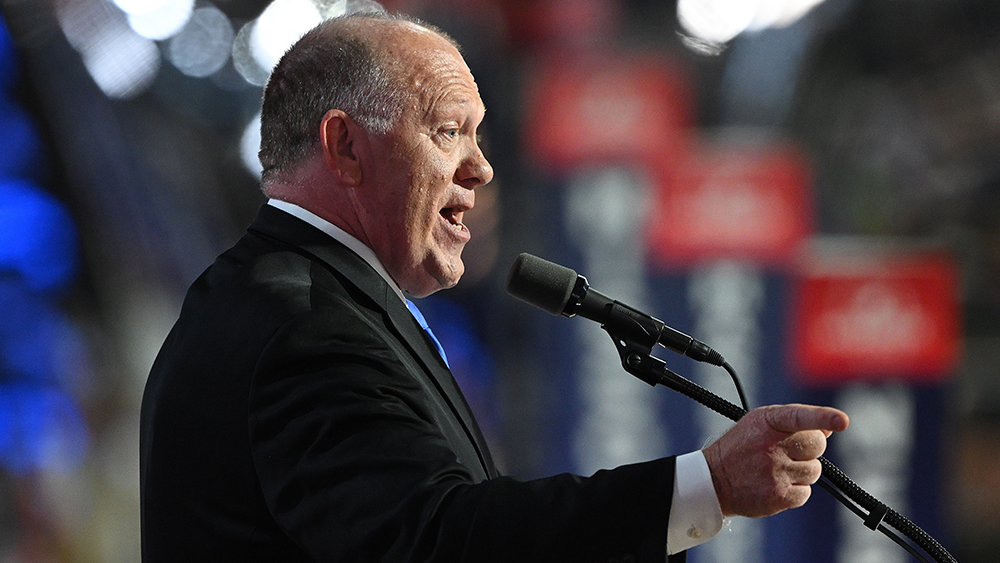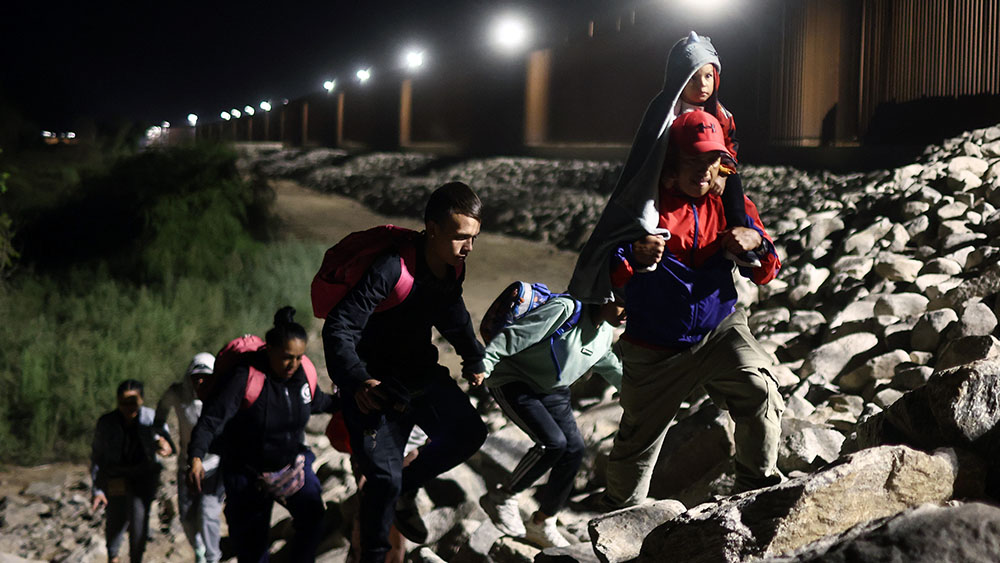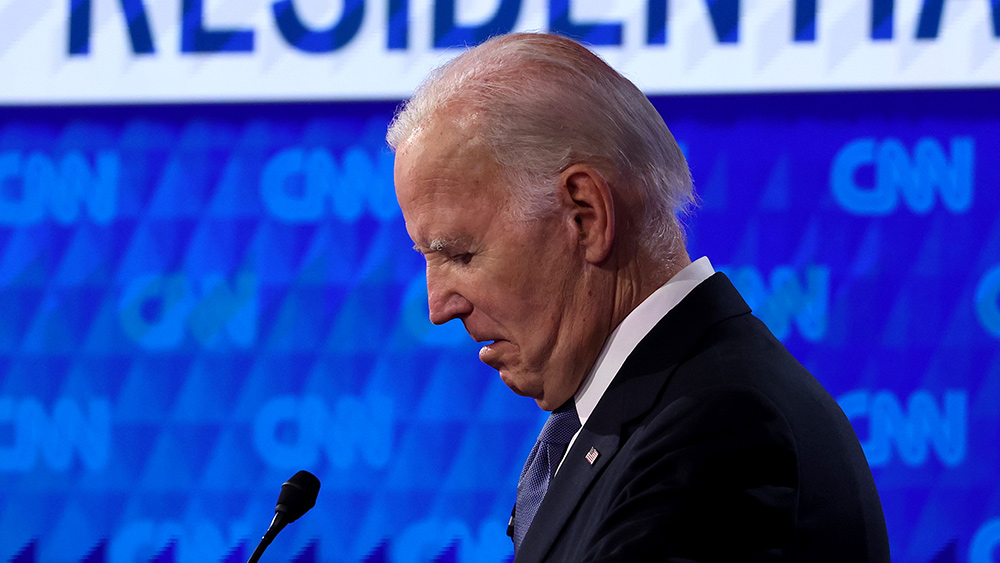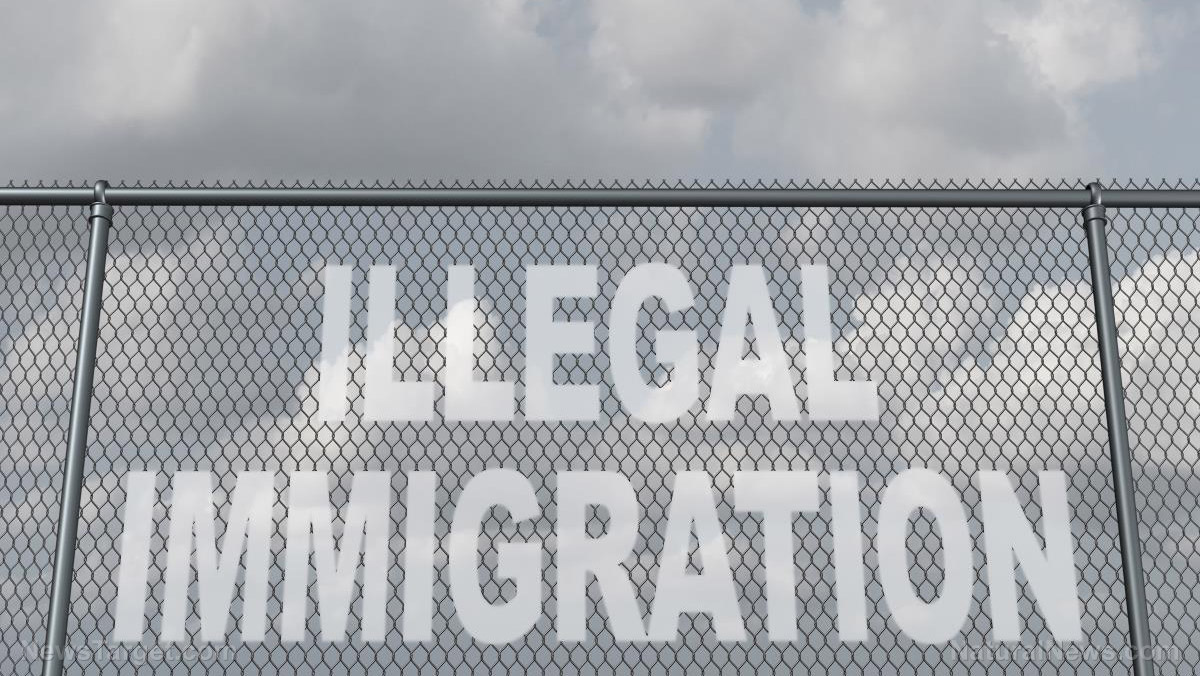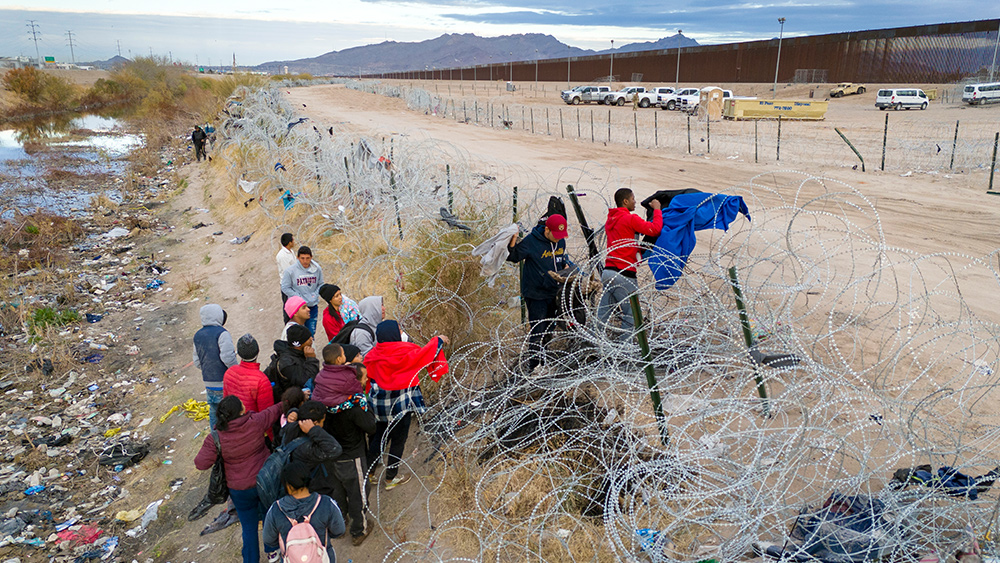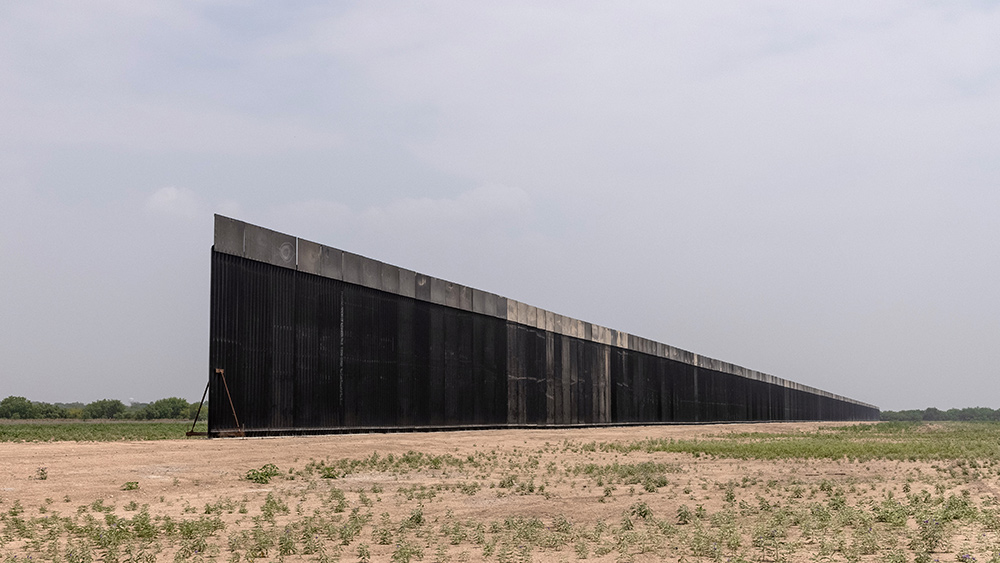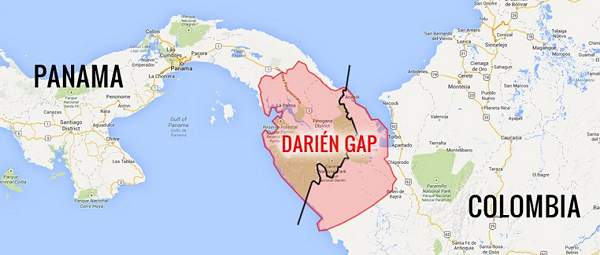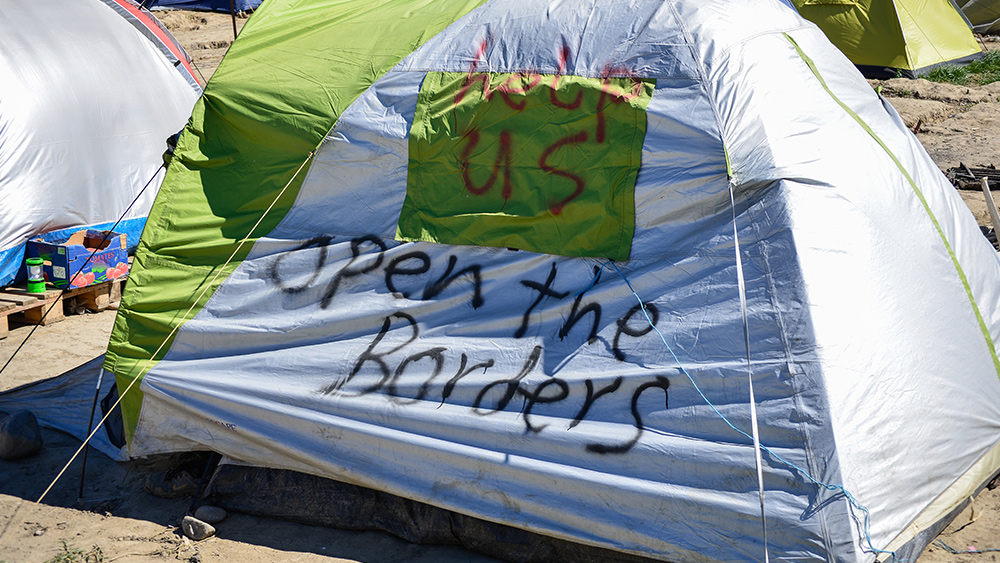Honduras threatens to expel U.S. military over Trump’s deportation plans
01/07/2025 / By Cassie B.

- Honduran President Xiomara Castro threatens to evict U.S. forces if President-elect Trump deports illegal immigrants.
- Soto Cano Air Base is a critical U.S. military hub in Central America, supporting counter-narcotics, disaster relief, and regional security.
- Castro’s threat ignores $780.5 million in U.S. aid to Honduras from 2020-2023 and the economic benefits of hosting the base.
- Honduras depends on remittances from its U.S.-based citizens, which make up 25% of its GDP, driving Castro’s opposition to deportations.
- Critics within Honduras warn that Castro’s threat risks isolating the country and jeopardizing its relationship with the U.S.
Honduran President Xiomara Castro has issued a bold threat to evict U.S. military forces from the country if President-elect Donald Trump follows through on his promise to deport millions of illegal immigrants. This ultimatum, delivered during a New Year’s Day address, underscores the growing tension between the U.S. and Latin American nations over immigration policy. While Castro’s rhetoric may resonate with some, her threat is not only reckless but also reveals a glaring financial motive: Honduras relies heavily on remittances from its citizens living in the U.S., which account for a staggering 25% of the country’s GDP.
Soto Cano Air Base, located in Comayagua, Honduras, has been a cornerstone of U.S. military operations in Central America since 1983 and is the largest American military installation in Central America. Home to Joint Task Force Bravo, the base serves as a critical hub for counter-narcotics missions, disaster relief, and regional security operations. With more than 1,000 U.S. military and civilian personnel stationed there, Soto Cano is a linchpin of American influence in the region.
Castro’s threat to expel U.S. forces from Soto Cano is not just a diplomatic spat; it’s a direct challenge to American interests. She claims the U.S. has maintained its presence “without paying a cent for decades,” conveniently ignoring the $780.5 million in aid provided to Honduras by the U.S. between 2020 and 2023 alone. This aid, along with the economic benefits of hosting the base, makes her threat seem more like political posturing than a serious policy proposal.
A financial incentive to keep Hondurans in the U.S.
Castro’s threat is deeply rooted in economic self-interest. An estimated 5% of Honduras’ population—over half a million people—lives in the U.S., many of them illegally. The money these migrants send back to their families in Honduras, known as remittances, makes up a quarter of the country’s GDP. For Castro, mass deportations would be an economic disaster, stripping her nation of a vital lifeline.
This reliance on remittances highlights a troubling dynamic: rather than addressing the root causes of migration—such as corruption, poverty, and violence—Honduras has become dependent on its citizens fleeing to the U.S. and sending money home. Castro’s threat to expel U.S. forces is less about protecting her people and more about preserving this financial pipeline.
Trump’s America-First Approach is the right path
President-elect Trump’s promise to deport illegal immigrants and secure the southern border is a necessary step to restore order and uphold the rule of law. The U.S. cannot continue to bear the burden of illegal immigration, which strains public resources and undermines national security. Castro’s threat only reinforces the need for a firm stance on immigration enforcement.
Trump’s critics often accuse him of being overly harsh, but his approach is rooted in fairness and accountability. If Honduras is unwilling to address the factors driving its citizens to flee, it cannot expect the U.S. to shoulder the consequences indefinitely. Deporting illegal immigrants is not just a matter of policy; it’s a matter of sovereignty.
Even within Honduras, Castro’s threat has drawn criticism. Political opponents like Jorge Calix, a potential presidential challenger, have warned that her rhetoric puts Honduras “in grave danger.” Another critic, Olban Valladares, noted that Honduras lacks the leverage to threaten the U.S. and that such a move would only invite retaliation.
These critics understand the reality: Honduras depends on the U.S. for trade, aid, and security. Expelling American forces would not stop deportations but would instead isolate Honduras and jeopardize its relationship with its most important ally.
A reckless gamble with high stakes
Castro’s threat to evict U.S. forces from Soto Cano is a reckless gamble that prioritizes short-term political gains over long-term stability. It also exposes the hypocrisy of a leader who relies on American generosity while threatening to undermine U.S. interests.
President-elect Trump’s commitment to deporting illegal immigrants and securing the border is the right course of action. It’s time for countries like Honduras to take responsibility for their own citizens and address the issues driving migration, rather than relying on the U.S. to prop up their economies. Castro’s threat may sound bold, but it’s a hollow gesture that ultimately underscores the need for stronger borders and a more assertive American foreign policy.
Sources for this article include:
Submit a correction >>
Tagged Under:
America first, border security, deportation, freedom, Honduras, illegal immigration, Liberty, migrants, military base, military installation, military presence, national security, Open Borders, Soto Cano Air Base, Trump, Xiomara Castro
This article may contain statements that reflect the opinion of the author
RECENT NEWS & ARTICLES
COPYRIGHT © 2017 INVASIONUSA.COM
All content posted on this site is protected under Free Speech. InvasionUSA.com is not responsible for content written by contributing authors. The information on this site is provided for educational and entertainment purposes only. It is not intended as a substitute for professional advice of any kind. InvasionUSA.com assumes no responsibility for the use or misuse of this material. All trademarks, registered trademarks and service marks mentioned on this site are the property of their respective owners.


